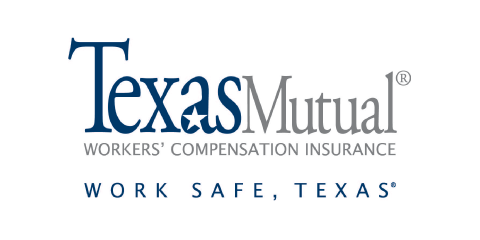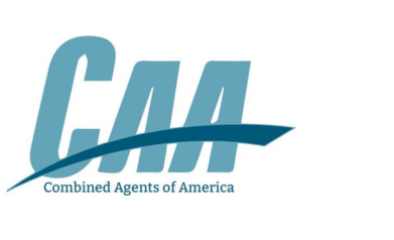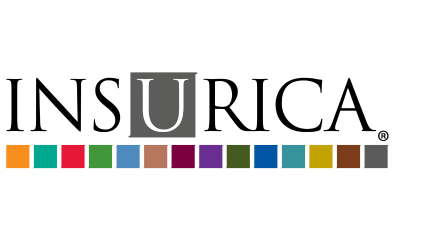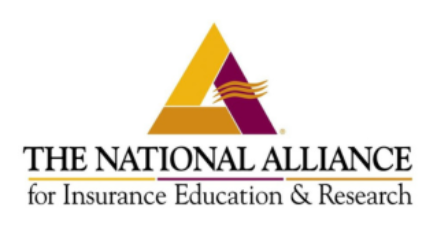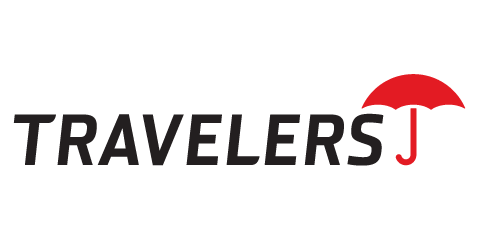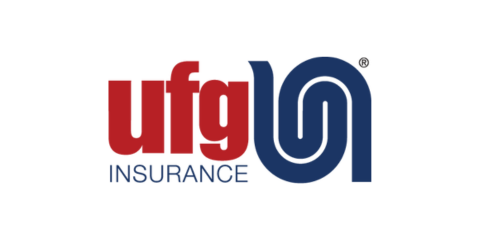IIAT's Governmental Affairs team tracked more than 200 bills of interest during 84th session of the Texas Legislature. The bills listed below were passed and are awaiting one of three options: signature by Governor Abbott; veto; or becoming law by neither action.
While there were a hand full of bills that IIAT worked on that did not pass, overall, the session was successful. No legislation passed that was harmful to agents and some needed improvement were made in a number of areas. Outlined below is a brief summary of the bills that passed. To view complete details about the bills, go to Texas Legislature Online and enter the bill number.
SB 876 by Sen. Eltife
The omnibus licensing bill provides much needed modernization to the current system. Major changes in licensing include a common expiration date for multi-license holders and a requirement to pay a nonrefundable application fee with each license. The common date will be the birthday of the first license that expires. All other licenses will be prorated to that date. A new provision requires an agent to complete previous years CE requirements and pay a fine before a renewal if they are delinquent. Previously an agent could merely pay the fine and get a renewal. On a positive note, the CE hours were changed form 15 hours each year to 24 hours in a two year cycle, which more closely complies with other states.
HB 2145 by Rep. Smithee/SB 1765 by Sen. Creighton
Delays in licensing have plagued TDI. This legislation offers some help to applicants for insurance licensing. A provisional work authority allows an individual who has passed the licensing exam, undergone a background check and is supervised by a sponsoring agent or agency to act as an agent. The sponsoring agent or agency is responsible for the actions of the provisional agent and no one sponsoring entity can sponsor more than 500 at any one time.
SB 900 by Sen. Taylor/ HB 2245 by Rep. Bonnen
Texas Windstorm Insurance Association (TWIA) changes included restructuring of funding levels, change in board makeup, limited binding authority and a depopulation plan. The industry funding increased from $800 million to $1 billion, and while some companies objected to the increase, others appreciated the fact that the bond obligation and associated costs were removed. The board will be restructured to have three industry reps, three coastal residents (one of which must be an agent), and three members from inland, no closer than 100 miles from the coast. Another important change is TWIA can now bind a new dwelling or remodeled dwelling as soon as the WPI-2 is completed, thus avoiding the two-to-three week delay in getting a WPI-8 issued and recorded. The depopulation plan requires equivalent coverage and must be within 115 percent of the TWIA premium to be considered equivalent. There is no mandatory acceptance required and the takeout company must recognize the agent of record and agree to write coverage through that agent.
SB 498 by Taylor/HB 1244 by Bonnen
The TWIA WPI-8 waiver program was set to expire on 12/31/15. This bill removed the expiration date of the waiver program so it remains in effect with no change for non-compliant properties insured in TWIA.
SB 956 by Sen. Eltife
Personal lines insurance policies must be delivered to that insured or the insured's agent within 30 days of effective date for new policies and within 15 days of when requested on renewal.
SB 188 and 189 by Sen. Watson
SB 188 and 189 both deal with prohibition of an insurer using an inquiry about a claim or loss. Nonrenewal or increasing premiums merely based on an inquiry is specifically prohibited for property in 188 and auto in 189.
SB 1081 by Sen. Creighton/HB 1206 by Rep. Huberty
Owner Controlled Insurance Programs are now required to disclose certain information to the subcontractors that are bidding on jobs covered by and OCIP 10 days before the bid date. The owner must provide information in the policy such as limits, terms of coverage, summary of coverages, as well as contact information. While all this sounds reasonable, under previous law, this was not required and the subcontractor had to venture blindly into the world of OCIP's. This is a much needed change for those who are active in this business.
On a less than positive note, SB 1628 by Sen. Taylor was defeated by the Texas Trial lawyers. The legislation that IIAT supported would have reined in the few bad attorneys who are abusing the current claims system and chasing catastrophe's around the state. The Senate passed the measure, but delays in the House spelled doom for this much needed change in claims abuse in Texas. Another disappointment was the defeat of "texting while driving" legislation HB 80 Craddick. For the second session, this legislation narrowly missed passage, leaving regulation to be decided on a local basis.
Overall, it was another successful session for IIAT members and their customers. Reductions to the margins tax rate means business will pay a lower tax rate and homeowners will also see a reduction in property taxes.

